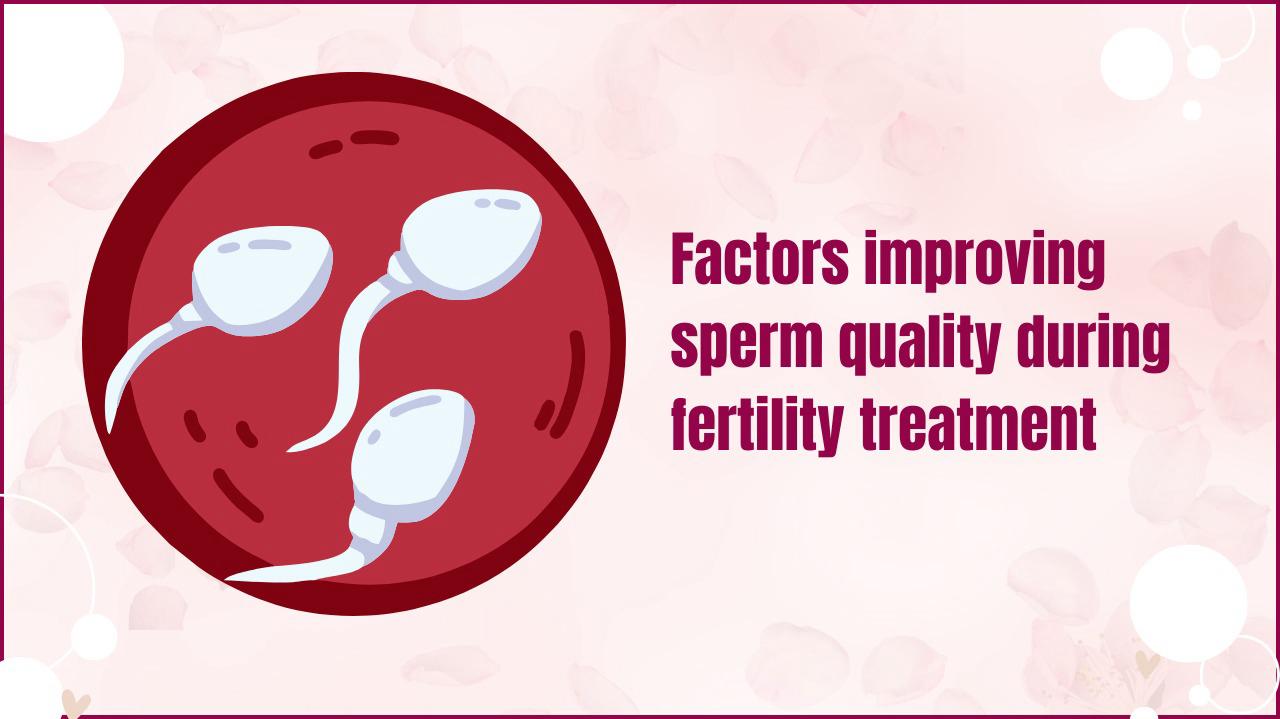



When it comes to fertility treatment, attention often focuses on the female partner, but it's essential to recognize the significance of male factors in the journey towards parenthood. Sperm quality plays a pivotal role in successful conception, and several factors can positively influence it during fertility treatment.
The Foundation of Sperm Health: Simple yet impactful lifestyle changes can significantly enhance sperm quality. Maintaining a healthy weight, adopting a balanced diet rich in antioxidants, and avoiding excessive alcohol and tobacco use are critical. Regular exercise also contributes to overall well-being, positively impacting both physical and reproductive health.
Fueling Sperm Production: A nutrient-dense diet is fundamental for optimal sperm production and quality. Essential vitamins and minerals, such as vitamin C, zinc, selenium, and omega-3 fatty acids, play key roles in sperm function. Including foods like fruits, vegetables, nuts, and fatty fish in the diet can provide these essential nutrients, supporting sperm health.
Essential for Sperm Mobility: Proper hydration is often overlooked but is crucial for sperm function. Dehydration can lead to a decrease in semen volume and sperm concentration. Staying well-hydrated supports overall reproductive health and ensures the optimal environment for sperm to travel effectively.
Balancing Mind and Body: Stress has been linked to decreased sperm quality. Engaging in stress-reducing activities such as yoga, meditation, or regular exercise can positively impact both mental and reproductive health. Creating a supportive and understanding environment for the couple undergoing fertility treatment is essential for managing stress levels.
Boosting Overall Well-being: Exercise is not only beneficial for maintaining a healthy weight but also contributes to overall well-being, including reproductive health. Moderate, regular exercise has been associated with improved sperm quality. However, excessive or intense workouts may have the opposite effect, so finding a balanced exercise routine is key.
Protecting Sperm from Harmful Substances: Exposure to environmental toxins, such as pesticides, industrial chemicals, and certain medications, can negatively impact sperm quality. Minimizing exposure to these substances, both at home and in the workplace, is essential during fertility treatment. This includes being cautious with the use of certain medications that may affect fertility.
Supporting Reproductive Health: Excessive alcohol consumption and tobacco use have been linked to reduced sperm quality. Cutting back on alcohol and quitting smoking are crucial steps in improving sperm health during fertility treatment. These lifestyle changes not only benefit sperm quality but also contribute to a healthier overall lifestyle for both partners.
Addressing Underlying Issues: If fertility issues persist, seeking timely medical advice is crucial. Medical interventions, such as addressing hormonal imbalances, treating infections, or correcting structural abnormalities, may be necessary. Timely and appropriate medical care can significantly improve sperm quality and increase the chances of successful fertility treatment.
In conclusion, optimizing sperm quality during fertility treatment involves a combination of lifestyle adjustments, dietary choices, stress management, and, when necessary, medical interventions. Both partners play essential roles in creating a conducive environment for conception. By adopting a holistic approach that addresses physical health, mental well-being, and environmental factors, couples can enhance their fertility journey and increase the likelihood of achieving their dream of parenthood.